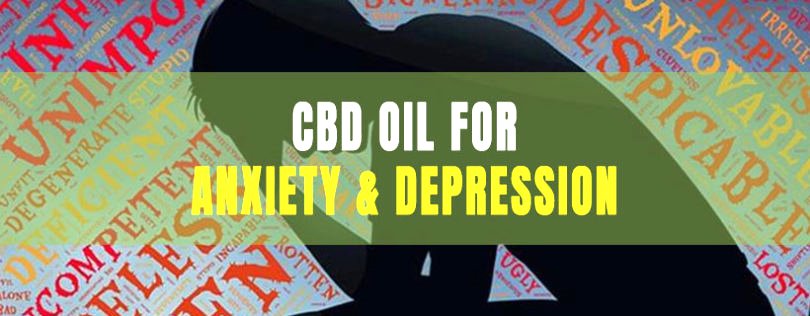
![]()
The percentage of the American population suffering from a major depressive disorder is steadily rising every year. Recent statistics estimate the current percentage to be around 4.4% Most of the time their depression is accompanied by an anxiety disorder as well. In fact, mental illness is the leading cause of Long Term Disability in the US. Each year pharmaceutical companies continue to develop new antidepressants, yet these so called pharmacological advancements coincide with a paradoxical increase in depression rates. Even though the sample size is small, studies have shown that treatment with CBD has shown to be more effective at alleviating symptoms of depression than nearly all classes of antidepressants, as long as an adequate dose is consumed. Even more encouraging are the facts that CBD works immediately; and is virtually free of side effects.
CBD’s effect on Serotonin receptors
With cannabidiol finally emerging to full legal status and just beginning to shed the unjustified stigma that decades of ignorance has caused, its not surprising that it is a little known fact that CBD has profound positive effects on both serotonin and GABAa receptors. CBD activates the 5-HT(1A) Serotonin receptors, providing antidepressant-like effects comparable to those of the antidepressant Imipramine. This activation facilitates Serotonin receptor-mediated neurotransmission and attenuates (lessens) the brain’s autonomic response to stress.
CBD and GABAa Neurotransmitters
GABA is the main inhibitory neurotransmitter found it the brain. GABAa receptors are what benzodiazepine drugs such as Valium, Xanax, and Klonopin bind to, giving them their profoundly effective anxiolytic qualities. Alcohol is the other most commonly consumed GABAa receptor agonist. Nearly everyone is familiar with the manner in which alcohol can relieve a person of their inhibitions. Unfortunately repeated consumption of any of these drugs causes the brain to slow or cease production of its own GABA neurotransmitters. This is the reason for the horrible withdrawal associated with these substances. CBD on the other hand has a different and healthier effect on GABAa receptors. As opposed to GABA agonist, which shut the brain’s natural GABA production down, CBD is a Positive Allosteric Modulator of GABA receptors. In short, a PAM does not bind directly to the GABA receptors, but rather they enhance the receptor’s binding affinity for its natural endogenous GABA molecule (neurotransmitter).
The Endocannabinoid System
Every human being is born with an endogenous endocannabinoid system (ECS). For this system to function properly the individual must consume a diet which contains an adequate supply of cannabinoids. Unfortunately we don’t ingest nearly enough foods such as black pepper, cacao, kava, and echinacea that contain cannabinoids. Therefore many individuals have an improperly functioning ECS. Proper functioning of the endocannabinoid system enhances serotonergic and noradrenergic transmission, increases cellular plasticity and neurotrophin expression in the hippocampus; which is the section of the brain responsible for regulating emotions. Abnormalities or deficiencies in the ECS, mainly pertaining to CB1 receptors have been found in individuals with nearly every form of depressive disorder, as well as every type of anxiety disorder.
https://www.ncbi.nlm.nih.gov/pubmed/28249817
https://www.projectcbd.org/science/cannabis-pharmacology/how-cbd-works